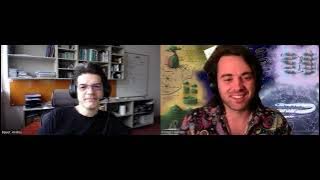Formalism (deductive) | Philosophy of mathematics
Formalism (philosophy of mathematics)
In the philosophy of mathematics, formalism is the view that holds that statements of mathematics and logic can be considered to be statements about the consequences of the manipulation of strings (alphanumeric sequences of symbols, usually as equations) using established manipulation rules. A central idea of formalism "is that mathematics is not a body of propositions representing an abstract sector of reality, but is much more akin to a game, bringing with it no more commitment to an ontology of objects or properties than ludo or chess." According to formalism, the truths expressed in logic and mathematics are not about numbers, sets, or triangles or any other coextensive subject matter — in fact, they aren't "about" anything at all. Rather, mathematical statements are syntactic forms whose shapes and locations have no meaning unless they are given an interpretation (or semantics). In contrast to mathematical realism, logicism, or intuitionism, formalism's contours are less defined due to broad approaches that can be categorized as formalist. Along with realism and intuitionism, formalism is one of the main theories in the philosophy of mathematics that developed in the late nineteenth and early twentieth century. Among formalists, David Hilbert was the most prominent advocate. (Wikipedia).



















